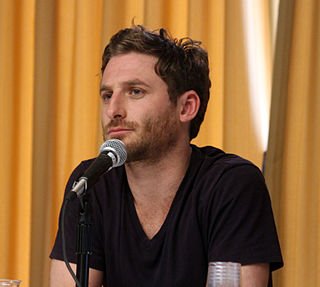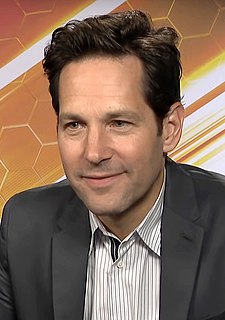A Quote by Krysten Ritter
I'm sort of missing that part of my brain where I look at anything as a challenge. I always have.
Related Quotes
I always look for... hopefully look for a challenge. And you're always looking for the next summit to hit. Even if it's a personal one. It needn't be some great sense of monumental... It just has to be important to you and big enough and special enough and individual enough that you get up for it. And that can be anything.
The pace at which science has progressed has been too fast for human behaviour to adapt to it. As I said we are still apes. A part of our brain is still a paleo-brain and many of the reactions come from our fight or flight instinct. As long as this part of the brain can take over control the rational part of the brain (we will face these problems).
Sometimes people who want to understand Haiti from a political perspective may be missing part of the picture. They also need to look at Haiti from a psychological perspective. Most of the elite suffer from psychogenic amnesia. That means it's not organic amnesia, such as damage caused by brain injury. It's just a matter of psychology.
But his face had that hollow look, as if there was something gone... you know that look. The inward focus. Distantly attentive to the home you're missing, or the someone you're missing. That look that a bird has when it turns it dry reptilian eye on you. That look that doesn't see you because the mind is filled up with someone it would rather see.


































